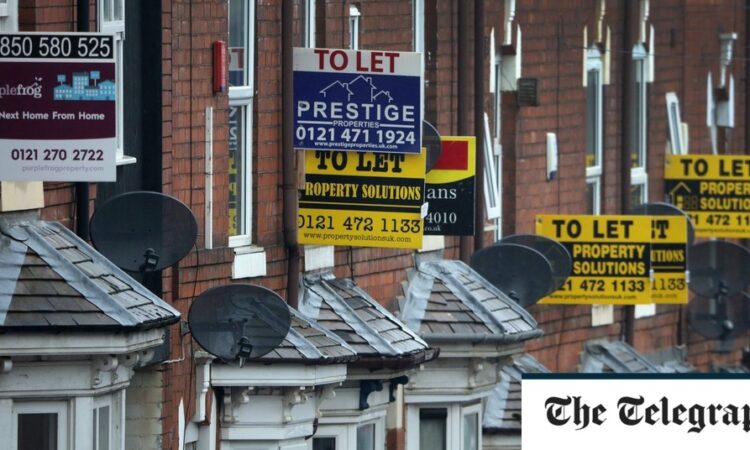
This amounts to an average rise of 16pc, which will be worth an extra £25 per week in typical rental payments, the Resolution Foundation said.
But in places where rent growth has been particularly strong, the increase will be higher.
In Kensington and Chelsea, the increase will be worth an extra £82 per week. This means landlords could get up to £4,264 in extra rental payments a year.
However, thousands of landlords who let properties to people out of work will not receive extra cash because their tenants will be hit by the benefits cap.
This is a limit on the total amount of benefits that people can receive if they are not working, such as universal credit or child benefit.
Although universal credit payments will rise in line with inflation next year, the threshold for the total benefits cap has been frozen.
Alex Clegg, economist at the Resolution Foundation, warned: “The benefit cap is set to wipe out the gains for many out-of-work households with children.”
Landlords whose social tenants do not receive an increase in housing benefits payments will be less able to raise rents and will be more at risk of rental arrears.
The payments already fall far short. In April 2020, 53pc of privately rented households receiving housing benefits did not have all of their rent covered by LHA. By this August, the share was 63pc.
These tenants have to make up the difference in rent themselves, but many are unable to do so.
Sherrelle Collman, commercial business director at Caridon Landlord Solutions, warned that these tenants will fall behind on their payments.
She said: “They would have to go into their personal allowance and take that money to top up their rent. But they are already living on the breadline, they haven’t got that much money.
“The landlord can charge higher rent, but they are not necessarily going to get it, and then the tenant will accumulate rent arrears.”
Housing benefits are paid as part of universal credit payments in a lump sum each month.
Households who hit the benefits cap will also not receive the full increase in universal credit payments, which are due to rise in line with inflation.
Ms Collman warned that this means social tenants could start using the housing portion of their benefits payments to cover their other living costs instead of giving the money to their landlords.
A Government spokesman said: “As the Resolution Foundation says, our Autumn Statement measures are a ‘major’ boost for low-income renters.
“Our increase to the local housing allowance rate means that 1.6m private renters on housing benefit or universal credit will benefit by an average of nearly £800 a year. The benefit cap plays an important role in ensuring our welfare system is fair for both claimants and the taxpayer.”
